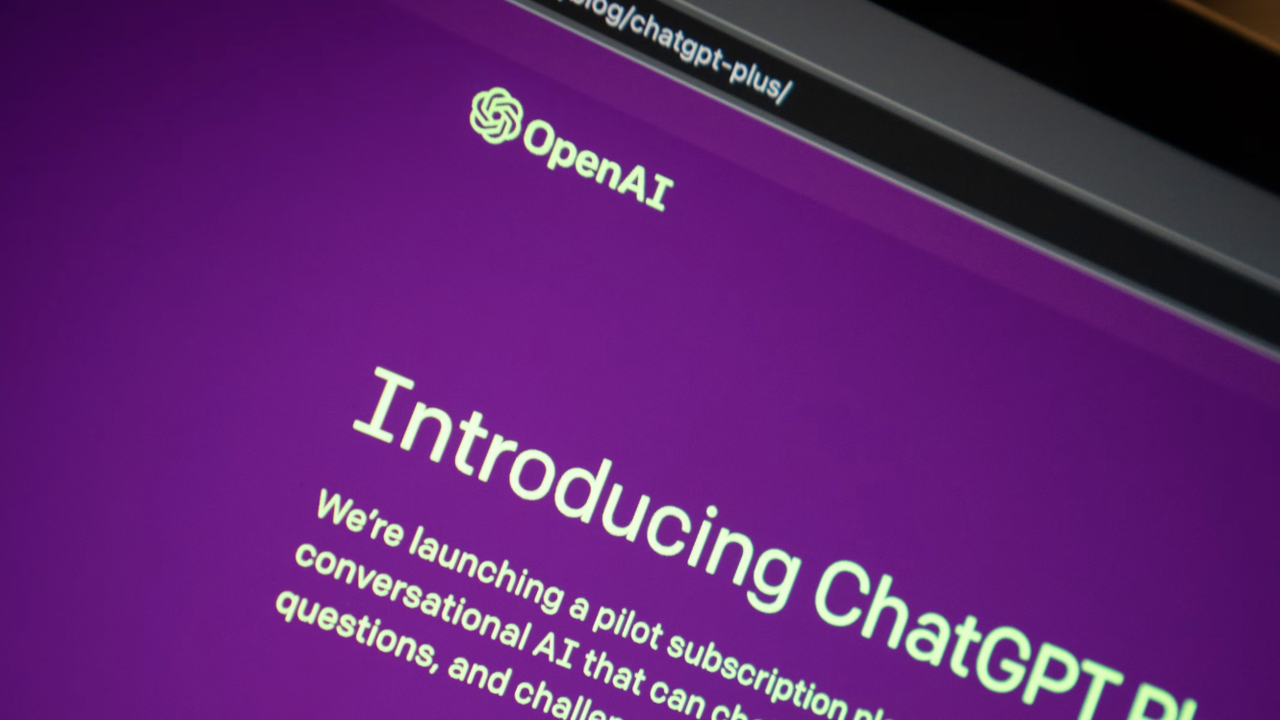The initiative began when OpenAI was approached by Retro Biosciences, a San Francisco-based company dedicated to extending human lifespan. Retro’s goal is to add 10 years to human life by studying Yamanaka factors, proteins that can transform skin cells into versatile stem cells. OpenAI CEO Sam Altman, who invested $180 million in Retro, drew attention to the potential of “super-intelligent artificial intelligence” to accelerate scientific discoveries.
Micro GPT-4b was trained on a variety of protein sequences and interactions, allowing it to suggest improvements to Yamanaka factors. Unlike Google’s AlphaFold, which predicts the shape of proteins, OpenAI’s model focuses on changing the design of proteins. During testing, the model suggested changes that made the proteins 50 times more effective.
Source: Ferra
I am a professional journalist and content creator with extensive experience writing for news websites. I currently work as an author at Gadget Onus, where I specialize in covering hot news topics. My written pieces have been published on some of the biggest media outlets around the world, including The Guardian and BBC News.










